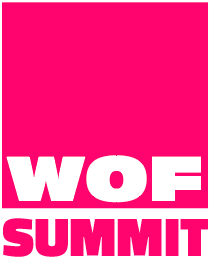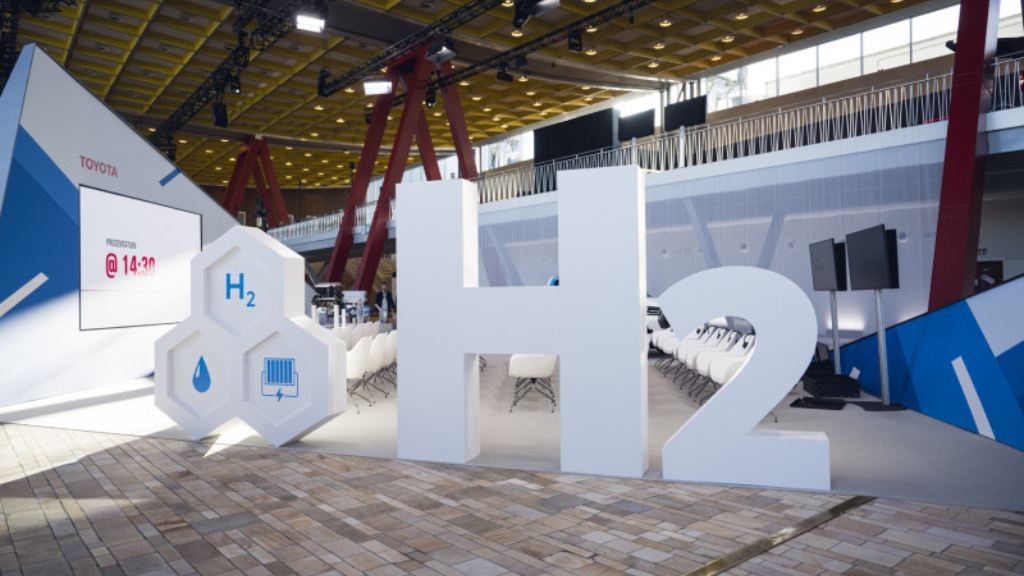Toyota Hydrogen Factory scaling up its European activities
Toyota Motor Europe (TME) will establish a local business operation, the Hydrogen Factory Europe. It will ensure a co-ordinated approach to the commercialisation of hydrogen technology and systems – spanning everything from development and production, through to sales and aftersales.
The Hydrogen Factory will be responsible for producing an increasing number of fuel cell systems and supporting a widening group of commercial partnerships, in line with the company’s strategy to achieve carbon neutrality in Europe by 2040, ten years ahead of Toyota’s global target.
Toyota expects Europe to be one of the world’s largest hydrogen fuel cell markets by 2030, with steady acceleration of different mobility and power generation applications. Growing investment and regulatory measures are encouraging development and market growth. These include €45 billion investment from the European Commission’s Green Deal by 2027 and the EU’s transport infrastructure fund has awarded 284 million euros – or approximately one third of its budget – for the installation of hydrogen refuelling stations.
The recent confirmation of the Renewable Energy Directive (REDIII) requires 42% of hydrogen used by industry in Europe to derive from sustainable sources by 2030. Along with the plans to build hydrogen filling stations at a minimum 200 km intervals along the region’s TEN-T (trans-European Transport Network) corridors, Europe is positioning itself at the centre of hydrogen technology.
A growing spectrum of mobility applications
Toyota introduced the world’s first mass-produced hydrogen fuel cell sedan, the Mirai, in 2015. Second generation fuel cell technology debuted in the next generation Mirai launched in 2020 and was introduced in the all-new Toyota Crown in Japan earlier this year, reaffirming the company’s commitment to hydrogen-powered passenger vehicles.
Fuel cell electric passenger cars benefit of a long driving range and quick refuelling, and under that premise, Toyota is further broadening its exploration towards light duty FCEVs. Earlier this year, the first hydrogen-fuelled Hilux FCEV Prototype pick-up was unveiled. Produced by a Toyota-led consortium in the UK, the prototype demonstrates how a fuel cell might be incorporated in a pick-up. Thanks to hydrogen being light, higher payload and towing capabilities can be obtained for light duty FCEVs compared to other zero-emission alternatives.
Toyota has also been integrating their fuel cell technology into heavy-duty transport and applications for some years now and has recently entered the strategic truck market in Europe, with hydrogen-powered trucks from the French manufacturer Hyliko and the Netherlands-based VDL Groep. Toyota will be using the hydrogen-powered VDL trucks to decarbonise its own logistics operations. The company is also expanding its partnership with Corvus in Norway for future marine applications, like ships and vessels. Furthermore, French clean mobility company GCK will use Toyota’s fuel cell modules to convert diesel coaches to zero-emission hydrogen vehicles.
Original article HERE
Image source: toyota.eu

